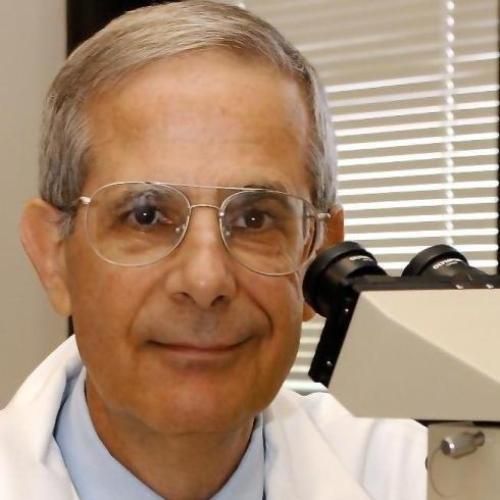
Differential effects of interleukin-1 alpha, tumor necrosis factor-alpha, indomethacin, hydrocortisone, and macrophage co-culture on the proliferation of human fibroblasts and peritoneal mesothelial cells.
OBJECTIVE: We sought to determine whether human fibroblasts and peritoneal mesothelial cells (PMC) are under comparable proliferative controls. METHODS: Human PMC and human fibroblasts were obtained from primary culture of excised explants from infertile women. The proliferation of PMC, as determined by tritiated thymidine incorporation, was compared with that of fibroblasts in the presence of human peritoneal macrophages, interleukin-1 alpha (IL-1), tumor necrosis factor-alpha (TNF), indomethacin, and hydrocortisone. Data were analyzed by one-way and multifactorial analyses of variance, with Bonferroni adjustments for multiple comparisons. RESULTS: Disparate proliferation was observed between fibroblasts and mesothelial cells with the additives studied. Proliferation of fibroblasts was inhibited (P < .001) when co-cultured with macrophages, IL-1, and TNF. Indomethacin and hydrocortisone overcame the inhibitory effects of macrophage co-culture. By contrast, PMC increased proliferation when cultured with macrophages (P < .001) but were unaffected by IL-1 or TNF and were not altered when indomethacin or hydrocortisone was added to the macrophage co-culture. CONCLUSION: Human PMC and fibroblasts differentially proliferate in response to putative regulatory controls. This suggests that these cells, which play critical roles in peritoneal wound repair, should be considered separately in developing medical strategies to prevent postsurgical adhesions.
Duke Scholars
Published In
DOI
ISSN
Publication Date
Volume
Issue
Start / End Page
Location
Related Subject Headings
- Vimentin
- Tumor Necrosis Factor-alpha
- Synovial Membrane
- Obstetrics & Reproductive Medicine
- Macrophages, Peritoneal
- Keratins
- Interleukin-1
- Infertility, Female
- Indomethacin
- Hydrocortisone
Citation

Published In
DOI
ISSN
Publication Date
Volume
Issue
Start / End Page
Location
Related Subject Headings
- Vimentin
- Tumor Necrosis Factor-alpha
- Synovial Membrane
- Obstetrics & Reproductive Medicine
- Macrophages, Peritoneal
- Keratins
- Interleukin-1
- Infertility, Female
- Indomethacin
- Hydrocortisone

